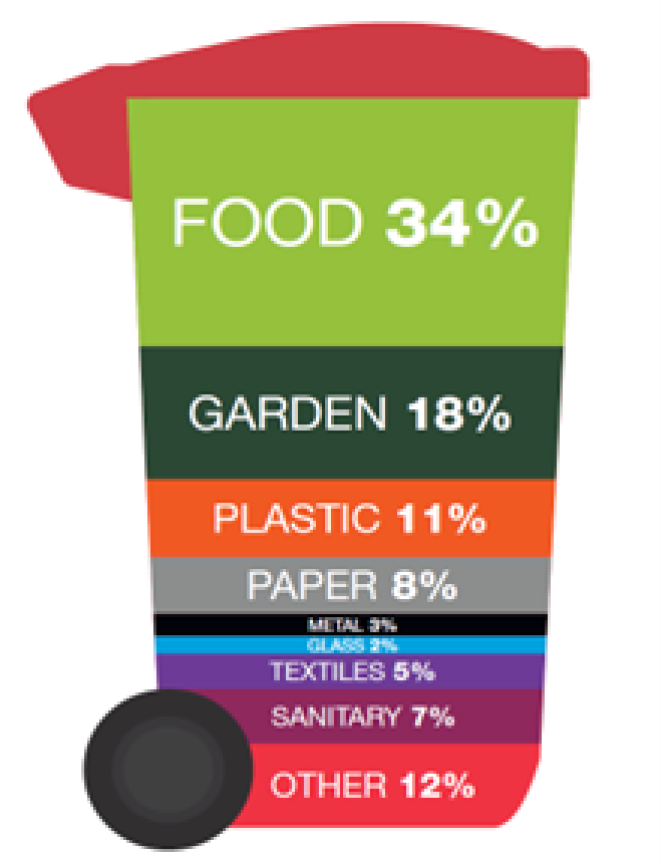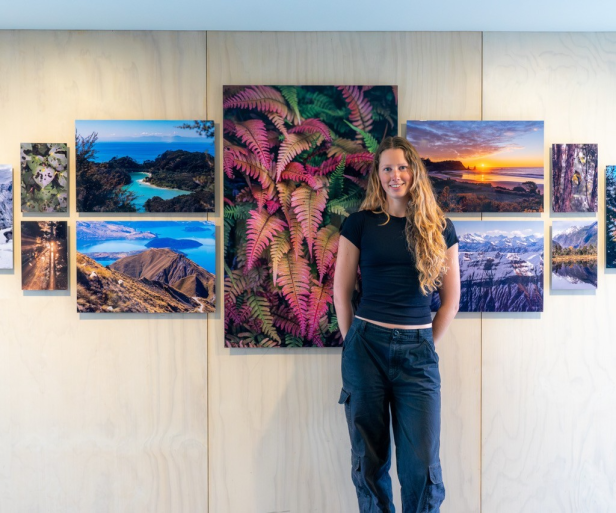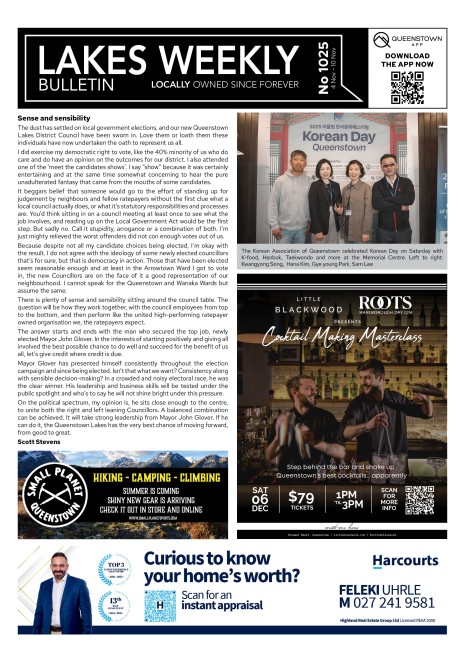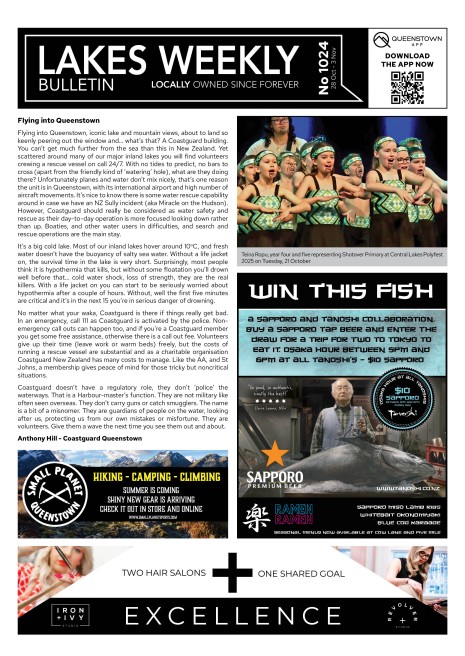Dealing to green waste with haste
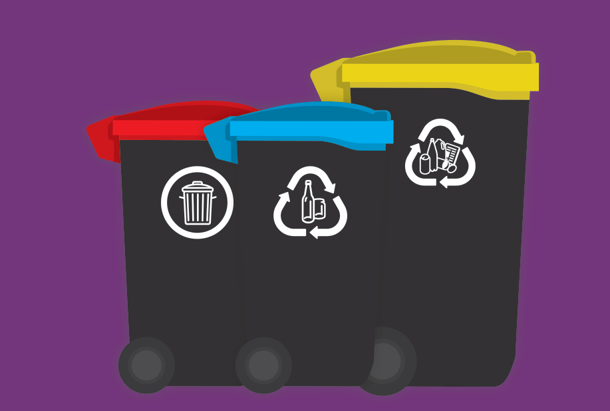
There appears to be strong community support for the Queenstown Lakes District Council’s proposal to introduce kerbside collection for food scraps and organic garden waste by 2026/27.
However, community groups are keen to ensure the end product – mulch and compost, is returned to the district to benefit public reserves, community and residents’ gardens.
The council has been in early discussions with the Central Otago District Council over future access to a planned, yet-to-be-built composting facility it will operate in Alexandra, trucking the food scraps and green waste there from around the district. The proposal has yet to go to public consultation.
The new 80-litre bins, smaller than the existing wheelie bins, would cost each household an extra $83 in rates per year.
Under the proposal, the 140-litre red bin refuse collection in Queenstown Lakes would switch to fortnightly.
The district council currently sends about 38,000 tonnes of waste to landfill annually and the service would reduce that by an estimated 5000t.
Arrowtown Promotion and Business Association’s Nicky Busst is all for it and says this would bring the district up to speed with other districts already offering kerbside green and food waste collection.
“We’re fully embracing council’s green waste collection initiative. It’s a really positive and sustainable move and I hope it comes sooner than planned,” Busst says. “However, we’d really like to see the end product put to use back in our district so that we see that full circular economy returning here. We’d be keen to make submissions to that effect.”
“It’s a no brainer. It needs to happen and soon. I’m just really pleased to see that the council is making changes, introducing new waste solutions, and looking at the redistribution of that waste,” she says.
As a Keep NZ Most Beautiful Small Town Award winner due its impressive sustainability practises, Arrowtown is keen for any new sustainable initiatives, Busst says. “As a business association we already collect the food waste from Arrowtown restaurants and with help from Michael Sly we turn it into Arrow Gold – a mulch for our local beech tree planting days.” Autumn leaves are also collected.
Council staff say early indications are that the majority of the savings - $29, would come through not landfilling the district’s organic waste, and that reduction had already been built into the $83 costs.
Busst says the anticipated rates increase would be near or on a par with the current cost to have your garden waste collected privately.
Lake Hayes Estate and Shotover Country Community Association chairperson Anita Golden says while she loves the concept, she’d also like to see the end product turned into something usable. “If it’s composted in Alexandra it should be put back into our district so that the circle’s complete.”
Her concern is the reduction of the red bin collections to fortnightly if the proposal goes ahead. “That’s a long time if we have family and friends visiting.”
Golden says done right it’s a great idea, but a number of residents may not use their green bin and with rising cost concerns may question if it’s worth the $83. She’s looking forward to getting more details.
Council senior waste minimisation planner Sophie Mander says more than 50 percent of this district’s current red bin rubbish is estimated to be a combination of food scraps and garden waste that’s all going to landfill unnecessarily. “That’s why we’d be able to decrease the frequency of the red bin collections if green bins are introduced,” she says.
It's definitely anticipated that under any processing arrangement with the Central Otago District Council that the end product would be made available back in this district, Mander says. “That’s our strong intention and it’s really important for any food scraps or garden waste to go back into the soil to benefit gardens in our own district.”
More residents are now home composting, but the data shows that more than 50% of waste could go in the new green bin which is why the council is looking to truck this to Alexandra, she says.
The biggest volume of organic waste in local red bins is food scraps and as a community we really need to get that out, Mander says. “The majority is uneaten food and kitchen scraps, which is producing biogenic methane emissions and that’s the greenhouse gas that we’re trying to reduce.”
She says it’s really important that if and when the council proceeds with the proposal that the community is fully engaged.
The council hasn’t yet procured any services, so anything is still on the table, however, the CODC option is the most preferred in the business case.
Public submissions will be called for in this year’s Long Term Plan consultation, but the council will begin discussions with the Central Otago District Council, she says.
Meanwhile, residents are encouraged to compost. For local Dr Compost workshops see here Dr Compost Events or here Facebook.
Lakes Weekly polled local residents this week asking: Are you supportive of the new kerbside green waste service and moving the red bin collection from weekly to fortnightly?
Absolutely: 31%
No: 37%
Don’t know about it: 25%
Unsure: 7%
